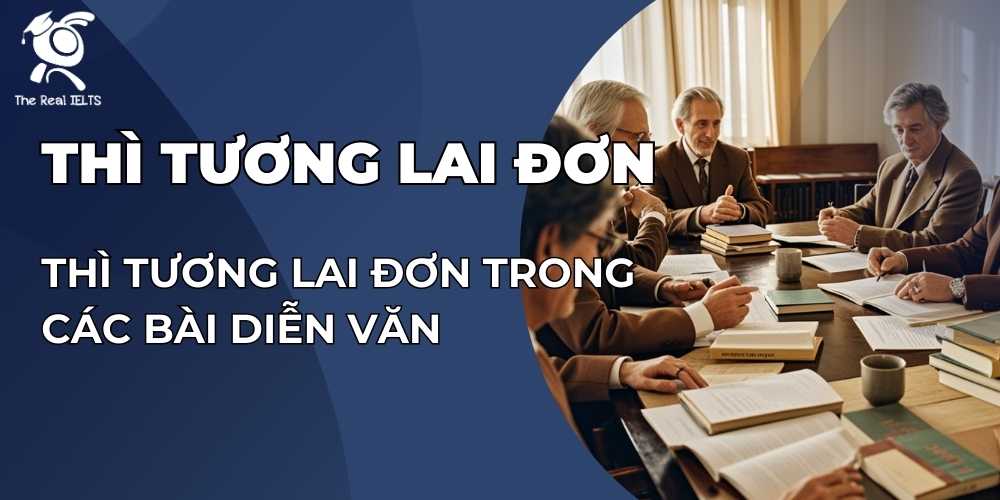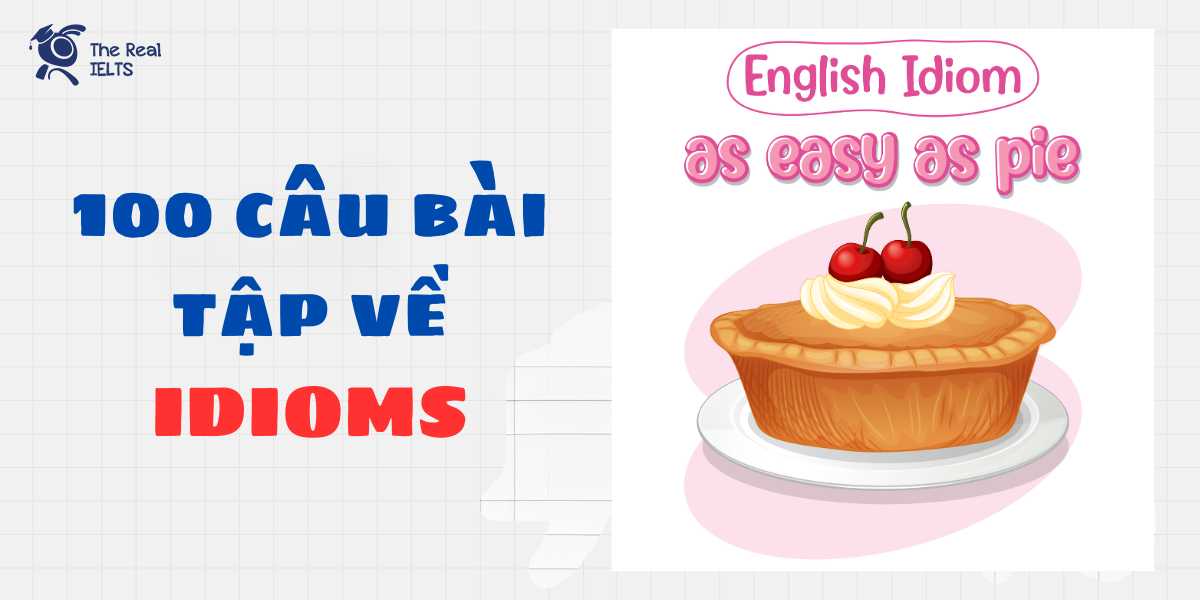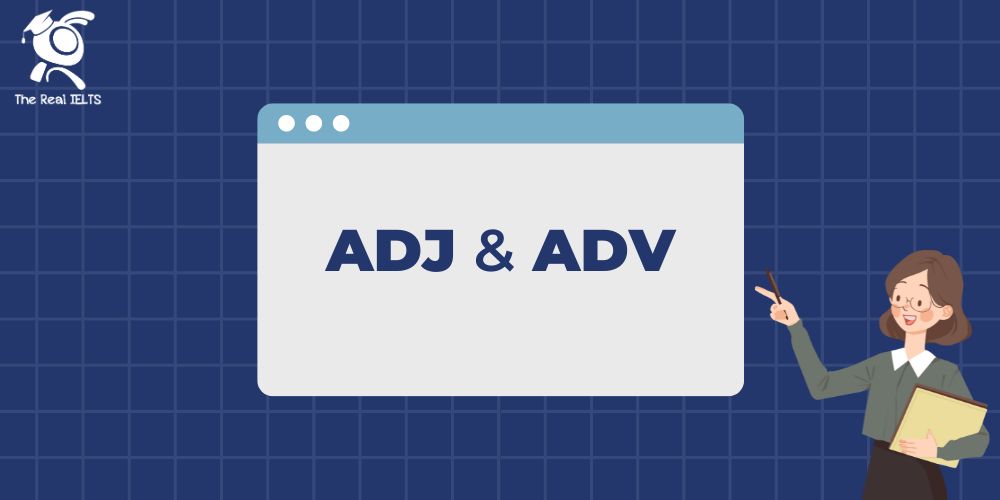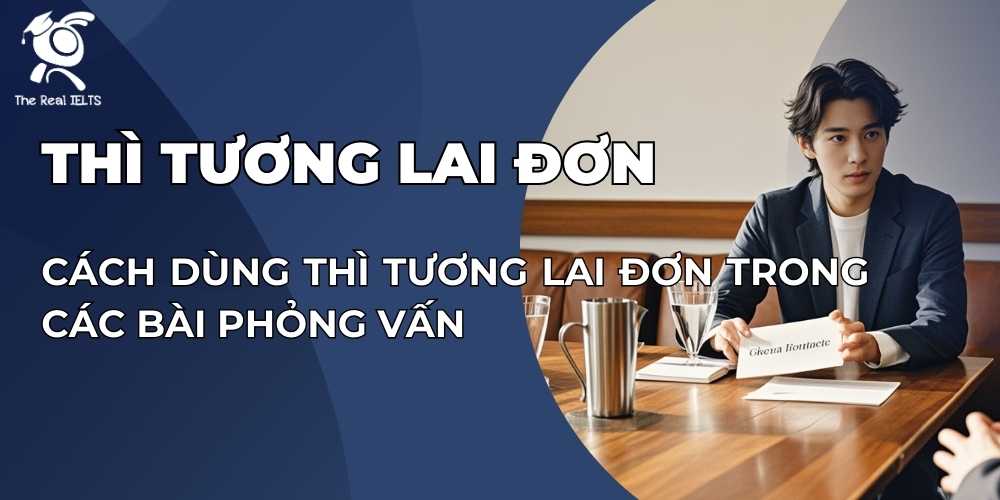Đề bài IELTS Writing task 2 dạng dạng Advantages and Disadvatages: Mental Health Awareness
You should spend about 40 minutes on this task
The increased focus on mental health in society. Do the advantages of this outweigh the disadvantages?
Write at least 250 words.
Bài mẫu IELTS Writing Task 2 dạng Advantages and Disadvatages: Mental Health Awareness
Introduction
In recent years, there has been a significant increase in the focus on mental health awareness in society. This shift has sparked considerable debate regarding whether the benefits of such heightened attention outweigh the potential drawbacks. While it is true that there are some disadvantages associated with the increased focus on mental health, I believe that the advantages far outweigh them.
Body Paragraph 1: Advantages
One of the most significant advantages of increased mental health awareness is the reduction of stigma associated with mental illnesses. In the past, individuals suffering from mental health issues often faced social discrimination and were reluctant to seek help. However, as society becomes more educated about mental health, the stigma surrounding these conditions has decreased, encouraging more people to seek professional help. For instance, campaigns like “World Mental Health Day” have successfully promoted understanding and empathy, leading to a more supportive environment for those struggling with mental health challenges.
Another benefit of increased awareness is the improvement in early diagnosis and intervention. With more people knowledgeable about the signs and symptoms of mental health issues, early detection is becoming more common. This allows individuals to receive treatment sooner, potentially preventing more severe conditions from developing. For example, schools and workplaces are increasingly implementing mental health screening programs, which can identify issues like anxiety or depression at an early stage, thus providing timely support and resources.
Body Paragraph 2: Disadvantages
On the other hand, one potential disadvantage of the increased focus on mental health is the risk of overdiagnosis. With heightened awareness, there is a possibility that normal emotional fluctuations could be misinterpreted as mental health disorders, leading to unnecessary medical treatment. For example, a person experiencing temporary stress due to a challenging situation might be mistakenly diagnosed with an anxiety disorder, resulting in them receiving medication they do not truly need.
Another drawback is the potential for mental health issues to be exploited for commercial gain. As the focus on mental health grows, so does the market for related products and services. Some companies might prioritize profit over genuine care, offering expensive treatments or wellness products that may not be effective. For instance, the rise in popularity of wellness apps and supplements marketed as solutions for mental health issues can sometimes lead to people spending money on unproven or ineffective remedies.
Conclusion
In summary, while there are some disadvantages associated with the increased focus on mental health, such as the risks of overdiagnosis and commercial exploitation, the benefits, including the reduction of stigma and improved early intervention, are far more substantial. Therefore, it is clear that the advantages of heightened mental health awareness significantly outweigh the disadvantages, contributing to a healthier and more supportive society overall.
Thống kê cấu trúc câu và cấu trúc ngữ pháp
Cấu trúc câu và cấu trúc ngữ pháp trong bài viết
Dưới đây là một phân tích chi tiết về cấu trúc câu và cấu trúc ngữ pháp được sử dụng trong bài viết IELTS Writing Task 2 mà tôi đã cung cấp:
1. Cấu trúc câu
- Câu đơn (Simple sentences): Có chứa một mệnh đề độc lập, nghĩa là có một chủ ngữ và một động từ chính, diễn đạt một ý tưởng hoàn chỉnh.
- Ví dụ: “This shift has sparked considerable debate regarding whether the benefits of such heightened attention outweigh the potential drawbacks.”
- Câu ghép (Compound sentences): Kết hợp hai hoặc nhiều mệnh đề độc lập với nhau bằng liên từ (and, but, or, so).
- Ví dụ: “In the past, individuals suffering from mental health issues often faced social discrimination and were reluctant to seek help.”
- Câu phức (Complex sentences): Có chứa một mệnh đề chính và một hoặc nhiều mệnh đề phụ thuộc, thường được nối với nhau bằng các liên từ phụ thuộc (because, although, since, when).
- Ví dụ: “While it is true that there are some disadvantages associated with the increased focus on mental health, I believe that the advantages far outweigh them.”
- Câu ghép phức (Compound-complex sentences): Kết hợp ít nhất hai mệnh đề độc lập và một hoặc nhiều mệnh đề phụ thuộc.
- Ví dụ: “For example, schools and workplaces are increasingly implementing mental health screening programs, which can identify issues like anxiety or depression at an early stage, thus providing timely support and resources.”
2. Cấu trúc ngữ pháp
- Thì hiện tại đơn (Present Simple Tense): Sử dụng để diễn đạt sự thật hiển nhiên, hoặc các ý kiến mang tính tổng quát.
- Ví dụ: “This shift has sparked considerable debate.”
- Thì hiện tại hoàn thành (Present Perfect Tense): Sử dụng để chỉ một hành động hoặc sự kiện đã bắt đầu trong quá khứ và vẫn còn liên quan đến hiện tại.
- Ví dụ: “Society has become more educated about mental health.”
- Cấu trúc bị động (Passive Voice): Sử dụng để nhấn mạnh đối tượng bị tác động hơn là chủ thể thực hiện hành động.
- Ví dụ: “Campaigns like ‘World Mental Health Day’ have successfully promoted understanding and empathy.”
- Mệnh đề quan hệ (Relative Clauses): Sử dụng để cung cấp thêm thông tin về một danh từ trong câu, bắt đầu bằng “who”, “which”, “that”.
- Ví dụ: “This allows individuals to receive treatment sooner, potentially preventing more severe conditions from developing.”
- Cấu trúc giả định (Subjunctive Mood): Sử dụng để diễn đạt các giả định, dự đoán hoặc mong muốn.
- Ví dụ: “With heightened awareness, there is a possibility that normal emotional fluctuations could be misinterpreted as mental health disorders.”
- Cấu trúc so sánh (Comparative structures): Sử dụng để so sánh giữa hai hoặc nhiều sự vật, hiện tượng.
- Ví dụ: “The benefits, including the reduction of stigma and improved early intervention, are far more substantial.”
- Cấu trúc nhấn mạnh (Emphatic structures): Sử dụng để nhấn mạnh một ý tưởng hoặc quan điểm.
- Ví dụ: “It is clear that the advantages of heightened mental health awareness significantly outweigh the disadvantages.”
Các từ vựng tiếng Anh cần lưu ý trong bài viết
1. Mental health awareness
- Nghĩa: Nhận thức về sức khỏe tâm thần.
- Cách sử dụng: Đây là cụm từ chủ đề chính của bài viết, dùng để chỉ sự chú ý và nhận thức của xã hội đối với các vấn đề về sức khỏe tâm thần.
2. Stigma
- Nghĩa: Sự kỳ thị.
- Cách sử dụng: Thường đi kèm với “associated with” (kỳ thị liên quan đến) hoặc “reduction of” (giảm kỳ thị), dùng để nói về sự tiêu cực và phân biệt đối xử mà những người có vấn đề về sức khỏe tâm thần thường gặp phải.
3. Discrimination
- Nghĩa: Sự phân biệt đối xử.
- Cách sử dụng: Từ này thường được dùng để chỉ hành vi không công bằng hoặc đối xử tệ bạc với ai đó, đặc biệt là những người thuộc nhóm dễ bị tổn thương như người mắc bệnh tâm thần.
4. Intervention
- Nghĩa: Sự can thiệp.
- Cách sử dụng: Thường dùng trong ngữ cảnh liên quan đến việc áp dụng các biện pháp hoặc hành động nhằm cải thiện hoặc ngăn chặn một vấn đề sức khỏe tâm thần.
5. Diagnosis
- Nghĩa: Chẩn đoán.
- Cách sử dụng: Dùng để mô tả quá trình xác định một bệnh hoặc tình trạng sức khỏe dựa trên các triệu chứng và dấu hiệu.
6. Overdiagnosis
- Nghĩa: Chẩn đoán quá mức.
- Cách sử dụng: Từ này mô tả tình huống khi một vấn đề sức khỏe bị chẩn đoán quá mức, dẫn đến việc điều trị không cần thiết.
7. Commercial gain
- Nghĩa: Lợi ích thương mại.
- Cách sử dụng: Dùng để chỉ việc kiếm lợi nhuận từ một vấn đề xã hội, trong bài viết này là việc khai thác nhận thức về sức khỏe tâm thần cho mục đích thương mại.
8. Exploitation
- Nghĩa: Sự lợi dụng.
- Cách sử dụng: Từ này mô tả việc sử dụng một tình huống hoặc người nào đó để thu lợi bất chính, thường có hàm ý tiêu cực.
9. Timely support
- Nghĩa: Hỗ trợ kịp thời.
- Cách sử dụng: Cụm từ này ám chỉ sự trợ giúp hoặc can thiệp được thực hiện vào đúng thời điểm, trước khi tình trạng trở nên tồi tệ hơn.
10. Substantial
- Nghĩa: Đáng kể, quan trọng.
- Cách sử dụng: Từ này được sử dụng để mô tả mức độ lớn hoặc quan trọng của một vấn đề hoặc lợi ích nào đó.
Đọc thêm về bài viết gợi ý luyện thi IELTS.














